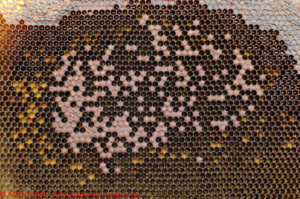
What Should I Be Doing in My Apiary This Month? September
September should be a relatively uneventful month in the apiary. The major workload is done for the season and …



Due to limited staff in the office, we may be closed at times. Please call (252)358-7822. We apologize for any inconvenience.
El inglés es el idioma de control de esta página. En la medida en que haya algún conflicto entre la traducción al inglés y la traducción, el inglés prevalece.
Al hacer clic en el enlace de traducción se activa un servicio de traducción gratuito para convertir la página al español. Al igual que con cualquier traducción por Internet, la conversión no es sensible al contexto y puede que no traduzca el texto en su significado original. NC State Extension no garantiza la exactitud del texto traducido. Por favor, tenga en cuenta que algunas aplicaciones y/o servicios pueden no funcionar como se espera cuando se traducen.
Inglês é o idioma de controle desta página. Na medida que haja algum conflito entre o texto original em Inglês e a tradução, o Inglês prevalece.
Ao clicar no link de tradução, um serviço gratuito de tradução será ativado para converter a página para o Português. Como em qualquer tradução pela internet, a conversão não é sensivel ao contexto e pode não ocorrer a tradução para o significado orginal. O serviço de Extensão da Carolina do Norte (NC State Extension) não garante a exatidão do texto traduzido. Por favor, observe que algumas funções ou serviços podem não funcionar como esperado após a tradução.
English is the controlling language of this page. To the extent there is any conflict between the English text and the translation, English controls.
Clicking on the translation link activates a free translation service to convert the page to Spanish. As with any Internet translation, the conversion is not context-sensitive and may not translate the text to its original meaning. NC State Extension does not guarantee the accuracy of the translated text. Please note that some applications and/or services may not function as expected when translated.
Collapse ▲
September should be a relatively uneventful month in the apiary. The major workload is done for the season and …
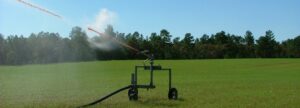
Please join us on Tuesday, August 26 @ 9:30 a.m. – 2:30 p.m. for a training focused on livestock waste irrigation …
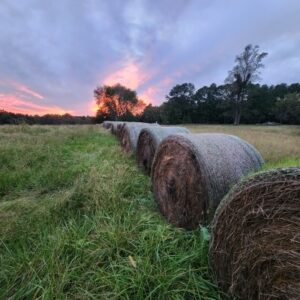
Farm sussession and transition can seem overwhelming but is definitley doable when taken in little bites and with facilitation, if …
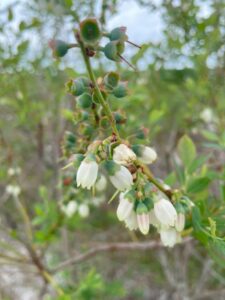
This is a guest post by Emma Payne. Emma is an NCSU zoology major and research assistant in the …
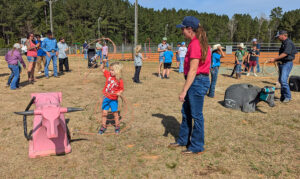
The 5th Annual Chatham County Spring Ag Fest on March 29, 2025, was a success with a great crowd and beautiful …

Welcome to the March 2025 Beekeeper Meeting! Join us as John and Jena Brown will be sharing tips and …

What to Look for Out of the more than 20,000 bee species in the world, approximately 70% build their nests …
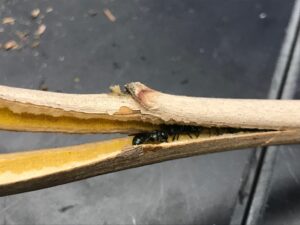
Gardening for pollinators isn’t just about flowers—it’s also about stems. Many native bees nest inside hollow or pithy dead …
We’re happy to announce that we have received funding from USDA-NIFA to help beekeepers in Western North and South …

*New Date: Wednesday March 12th – 11:00 a.m. – 12:30 p.m. N.C. Cooperative Extension, Hertford County Center is hosting a USDA …
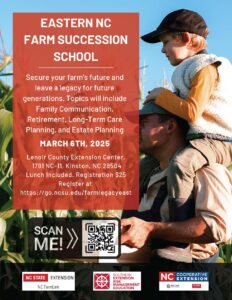
Eastern North Carolina farmers and farm families are invited to participate in the NC Farm Succession School, a full-day …
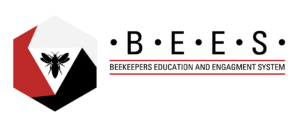
We are excited to announce a new opportunity for those interested in pursuing beekeeping as a hobby, or new …
This guide outlines steps that a facility producing livestock food could follow when developing its …
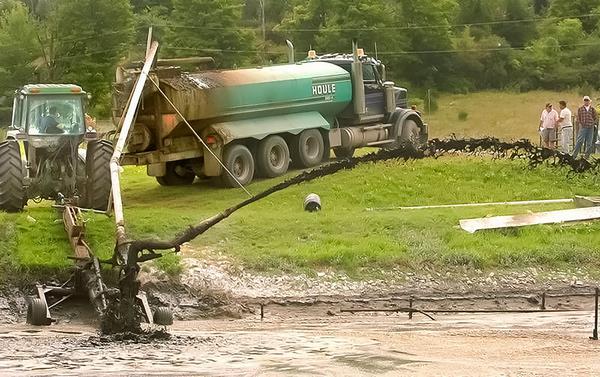
Anaerobic swine lagoon sludge sampling allows operators to determine the nutrient concentration in the sludge …
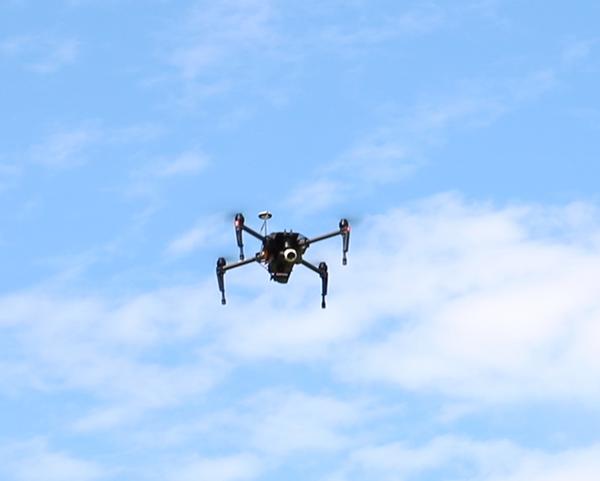
This publication discusses flying unmanned aerial vehicles (drones, model aircraft) for commercial purposes. You'll learn …
A guide to counting fecal eggs in meat goats, modified from the McMaster Procedure.
Air quality in hog production can be improved by dietary manipulation (e.g., reducing crude protein), …
This fact sheet discusses different types of amendments that can be used to manage ammonia …
The NC State Feed Milling and Animal Food Safety programs have developed a decision tree …

Participation in conservation practices and restrictions comes in various forms, from revocable-at-will, revocable with penalty, …